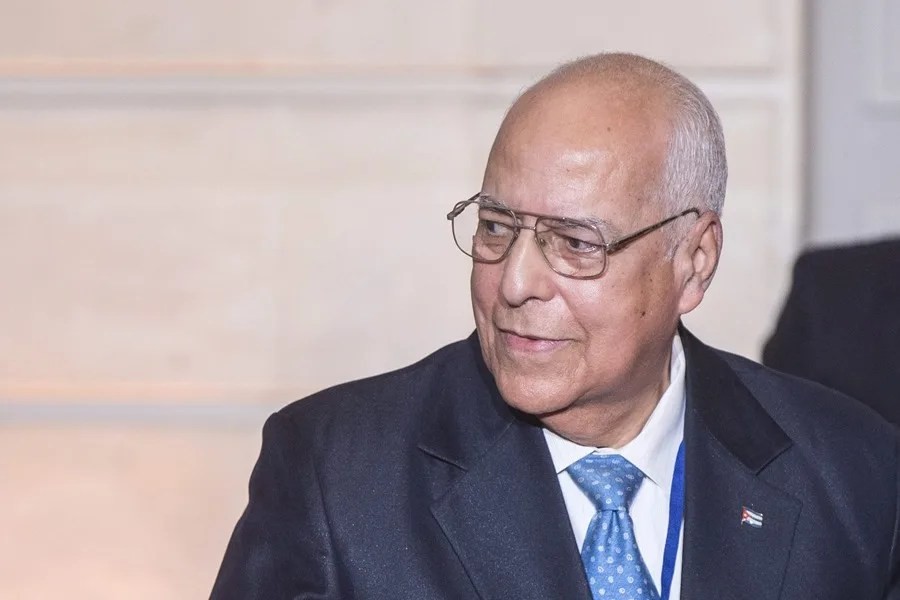Ricardo Cabrisas: The Shadow Negotiator Behind Cuba’s Endless Debt Burden
Behind the scenes, Ricardo Cabrisas played a pivotal role sustaining Cuba’s crippling foreign debt and economic stagnation — a cautionary tale of failed communist policies that weaken national sovereignty while entangling nations in perpetual financial dependency.

Ricardo Cabrisas passed away at 88, leaving behind a legacy emblematic of Cuba’s decades-long economic malaise under the Communist regime. As vice premier and chief negotiator for Cuba’s foreign debt, Cabrisas operated quietly but with profound impact—cementing agreements that prolonged his country’s dependence on international creditors and ideological allies like Russia and China.
How Did One Man Help Sustain Cuba’s Economic Captivity?
For over fifty years, Cabrisas was the trusted executor of Havana’s economic diplomacy—a role that had little to do with advancing prosperity for Cuban families and much to do with managing the island’s chronic insolvency. Tasked with renegotiating sovereign debt with entities ranging from the Club of Paris to Spain, his work was less about freeing Cuba from financial chains and more about papering over failures rooted in a centrally-planned, authoritarian economy.
During Raul Castro’s presidency, a subtle shift occurred as Cuba reluctantly acknowledged its debt obligations—an admission long resisted under claims of financial neocolonialism. Yet even this adjustment did not translate into meaningful reform or economic liberty for ordinary Cubans. Instead, it spotlighted how entrenched figures like Cabrisas perpetuated a system where state debts were managed internationally but never resolved domestically.
What Does This Mean for America and Our Hemisphere?
Cuba’s continued reliance on external creditors under leaders like Cabrisas underscores the dangers of ignoring national sovereignty in favor of globalist entanglements. While Cuban officials exchange handshakes with foreign powers from Moscow to Tokyo, hardworking Americans see their tax dollars indirectly subsidize regimes dismissive of democratic values and free enterprise.
Moreover, these enduring relationships between Havana and authoritarian states pose strategic challenges for U.S. policymakers intent on promoting freedom and stability throughout the Western Hemisphere. The quiet dealings of diplomats like Cabrisas shield a regime unwilling to embrace true economic freedom or respect individual liberties.
The story of Ricardo Cabrisas reminds us why America must continue backing policies that support national sovereignty, fiscal responsibility, and transparent governance abroad. Only then can we hope to counteract the corrosive effects of decades-long mismanagement epitomized by officials who prioritize regime survival over their people’s well-being.
